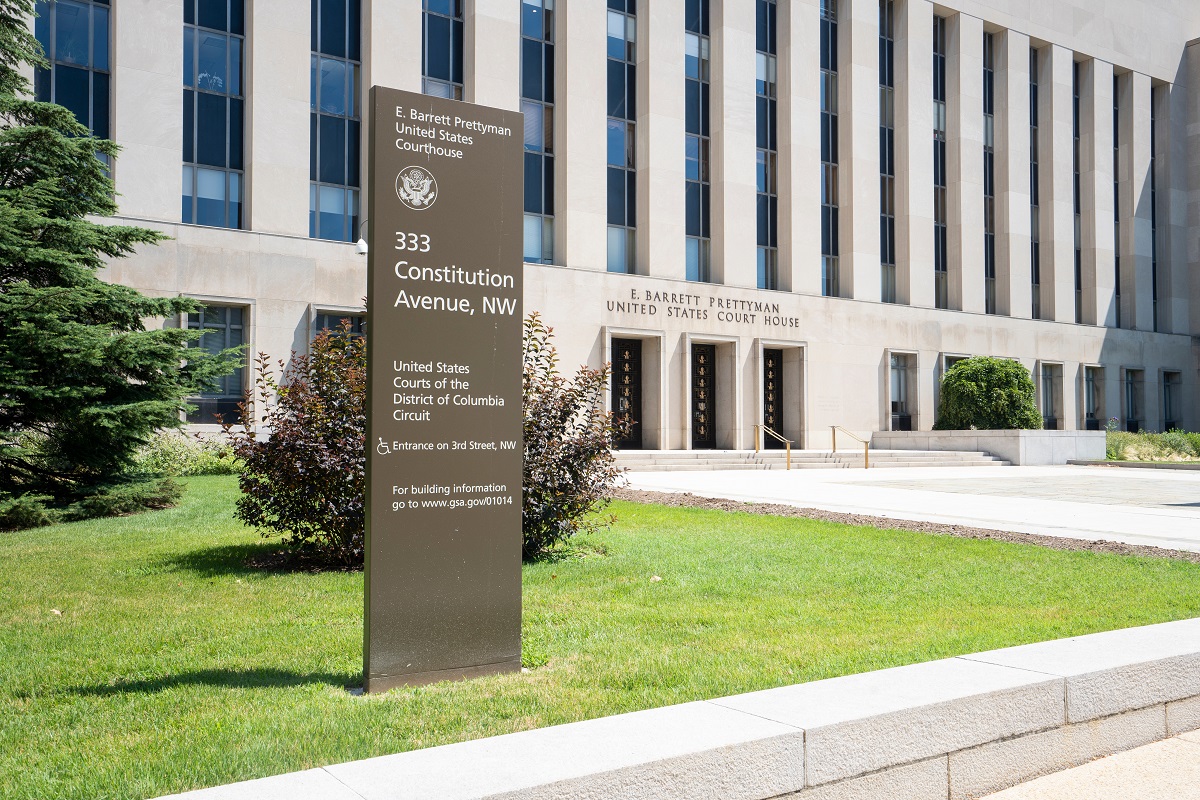The U.S. Court of Appeals for the Sixth Circuit recently held that a single ringless voicemail is enough to confer standing to a plaintiff under the federal Telephone Consumer Protection Act.
Posts published in “Class Actions”
Class Actions
The U.S. Court of Appeals for the Seventh Circuit recently affirmed a trial court’s order allocating class notice costs in the amount of $602,838 to the defendant in a putative class action alleging violations of the federal Telephone Consumer Protection Act.
The District Court of Appeal of Florida, Third District, recently dismissed a putative class action asserting allegedly unwanted text messages under the federal Telephone Consumer Protection Act for lack of standing under Florida law.
The U.S. Court of Appeals for the First Circuit recently dismissed an appeal in a putative class action removed from Massachusetts state court to federal trial court concerning a motion to compel arbitration, holding that the order was not a final decision and was not within an exception that would permit interlocutory review.
The U.S. Court of Appeals for the Seventh Circuit recently reversed a trial court’s certification of a putative class action for various failures to “rigorously analyze” the claims prior to certifying the class.
The U.S. Court of Appeals for the Eighth Circuit recently held that the total amount of money received from a challenged practice can be used to satisfy the federal Class Action Fairness Act’s jurisdictional requirement of $5 million in controversy.
The U.S. Court of Appeals for the First Circuit recently reversed the dismissal of a putative class action complaint for unfair and deceptive business practices under Massachusetts' Chapter 93A, holding that the action was not barred by a New York choice of law provision in the contract at issue.
The Supreme Court of Indiana recently reversed and remanded a trial court’s order compelling arbitration of two bank customers’ putative class action complaint. In so ruling, the Court held that the account agreement’s change-of-terms clause did not allow the defendant bank to add an addendum compelling arbitration and restricting class actions to the terms and conditions of the customers’ account agreement.
The U.S. Court of Appeals for the District of Columbia Circuit recently reversed and remanded a trial court’s order denying class certification, finding that the trial court improperly bypassed Fed. R. Civ. Pro. Rule 23’s prerequisites for class certification and based its denial of class certification entirely on the putative class’s “fail-safe” character.
The Illinois Supreme Court recently held that a separate claim accrues under the Illinois Biometric Information Privacy Act each time a private entity scans or transmits an individual’s biometric identifier or other protected information in violation of section 15(b) or (d) of BIPA.
The U.S. Court of Appeals for the Fourth Circuit recently reversed a trial court’s contrary ruling in a putative class action relating to a data breach and remanded the case back to state court for lack of Article III standing.
The U.S. Court of Appeals for the Eighth Circuit recently vacated a trial court’s judgment entered after trial in favor of the named plaintiff and a class of consumers for alleged violations of the federal Fair Debt Collection Practices Act and the Nebraska Consumer Protection Act due to lack of Article III standing.











